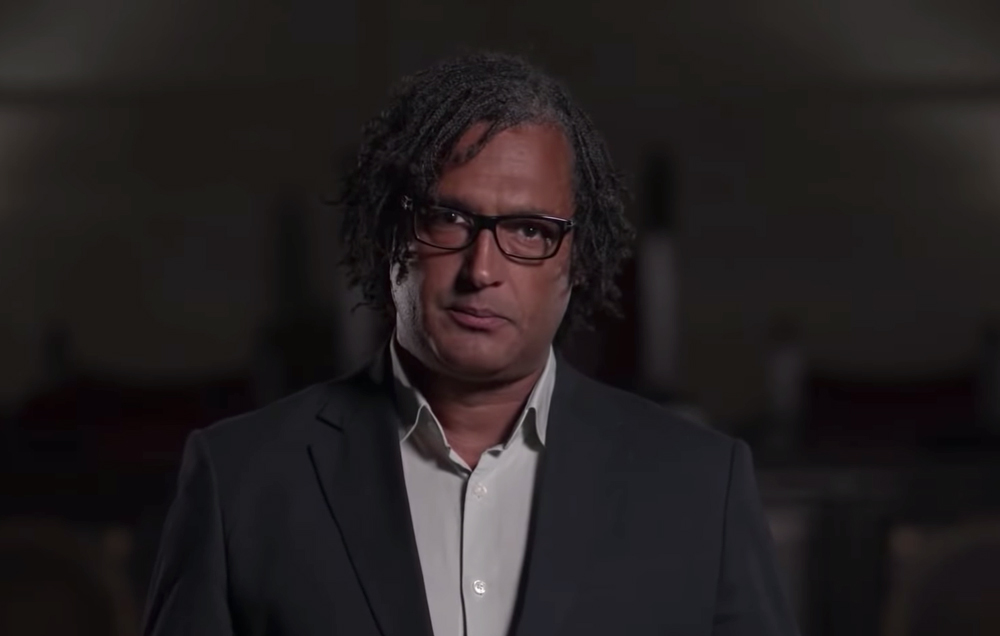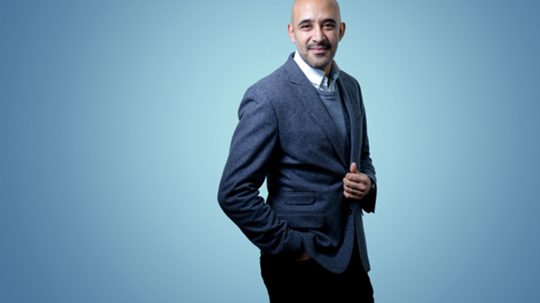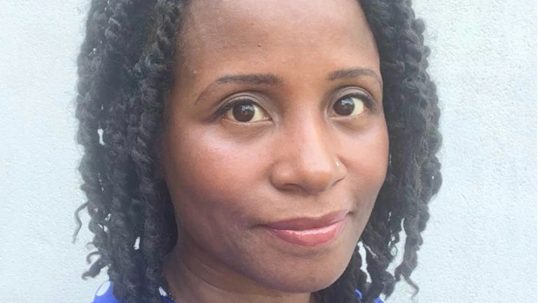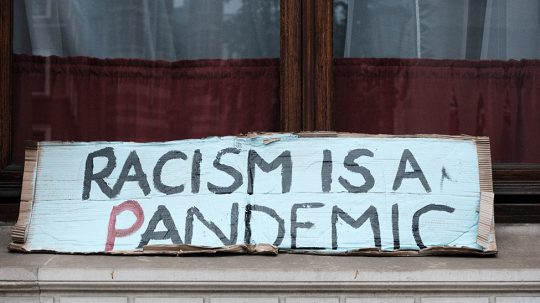Media regulator Ofcom is under fresh scrutiny after historian David Olusoga accused it of failing to hold broadcasters accountable for their lack of diversity. EachOther spoke to industry experts about their views on his call for a new diversity regulator and what it should look like.
Olusoga spoke of a “lost generation” of black British television talent forced out of the industry by racism, during his keynote MacTaggart lecture at the Edinburgh television festival on Monday.
The prominent broadcaster also revealed that he had sought treatment for clinical depression after being left “isolated and disempowered” by his own experiences within the industry.
“When our industry has made big structural changes in the past its success or failure has been measured and assessed by our industry regulator – Ofcom,” he said.
“But when it comes to diversity Ofcom has a history of giving the broadcasters a clean bill of health, or at worst a cursory note that they could do better, but with no consequences attached or even suggestions as to what better would look like.”
The regulator “lacks credibility and trust among many black and Asian programme makers,” he added.
“If Ofcom is not able or not willing to hold the industry accountable on diversity and inclusion, or able to use its power to set minimum standards, then the [Department for Culture, Media and Sport] should set up a new body willing to do so.
“This moment in 2020, with so much money on the table and so many promises made, is the perfect time for such a body to be brought into existence. This is not asking for a revolution but merely asking for accountability.”
Olusoga’s speech comes amid a spate of racism scandals involving mainstream broadcasters.
One of the most recent among them is the BBC’s decision to use the N-word in a news segment last month, which director general Tony Hall apologised for days after the corporation initially defended it.
Almost two decades on from Ofcom’s establishment, data shows that people from minority ethnic backgrounds continue to be underrepresented in key sectors across the industry.
About 2% of TV programmes in 2016 were made by black, Asian or minority ethnicity (BAME) directors, according to figures from Directors UK. This compares to 13% of the national population.
According to the Ofcom’s 2019 ‘Diversity and equal opportunities in television’ report, the representation of minority ethnic talent in the “key area of creative and content production” fell to 8% from 9% the previous year across the five main broadcasters.
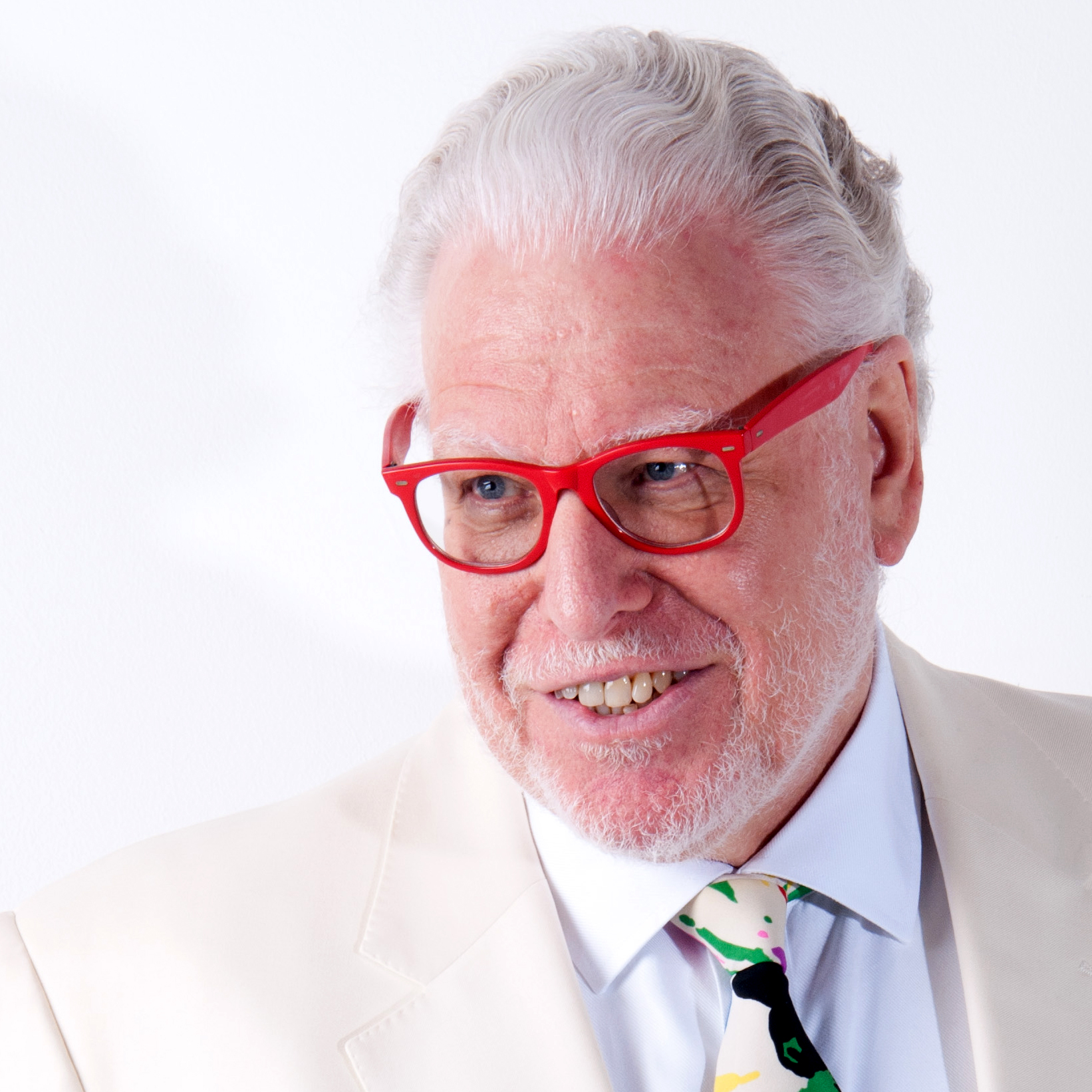
Simon Albury, chairman of the Campaign for Broadcasting Equality. Credit: Supplied
Ofcom occasionally publishes things which are quite critical of broadcasters. But it’s like a rottweiler with a loud bark, and no teeth.
Simon Albury, chairman of the Campaign for Broadcasting Equality
Simon Albury, chairman of the Campaign for Broadcasting Equality, told EachOther it is important to distinguish between the issue of investigating alleged racism and the matter of holding organisations accountable for diversity and representation.
Racism allegations within broadcasters should be investigated by the Equality and Human Rights Commission (EHRC) as Ofcom is “not equipped” to deal with it, he said.
But on holding broadcasters to account on their diversity, Ofcom has been “very inadequate”.
Albury pointed to Ofcom’s 2019 ‘Diversity in UK television: freelancers’ report as an example of the regulator demonstrating its own inadequacy.
The report found that: “Without complete and accurate data, it is difficult to hold broadcasters to account for the diversity of their freelance workforce. In turn, ongoing concerns around representation are hard to evidence.”
Ofcom’s current powers do not allow it to collect freelance data.
The regulator “does not want official powers to get this data, or to better hold broadcasters to account,” Albury said.
“Ofcom occasionally publishes things which are quite critical of broadcasters. But it’s like a rottweiler with a loud bark, and no teeth.”
Albury hopes the regulator listens to criticism and introduces better measurements, new powers and sanctions that work. He also hopes Dame Melanie Dawes, who was a diversity champion in the civil service and became Ofcom’s chief executive in February this year, can reform the organisation.
“This body needs to have the commitment to drive the necessary diversity changes … and it needs sanctions that work.
“Now that could be the old body or it could be a new body. But that is what’s needed.”
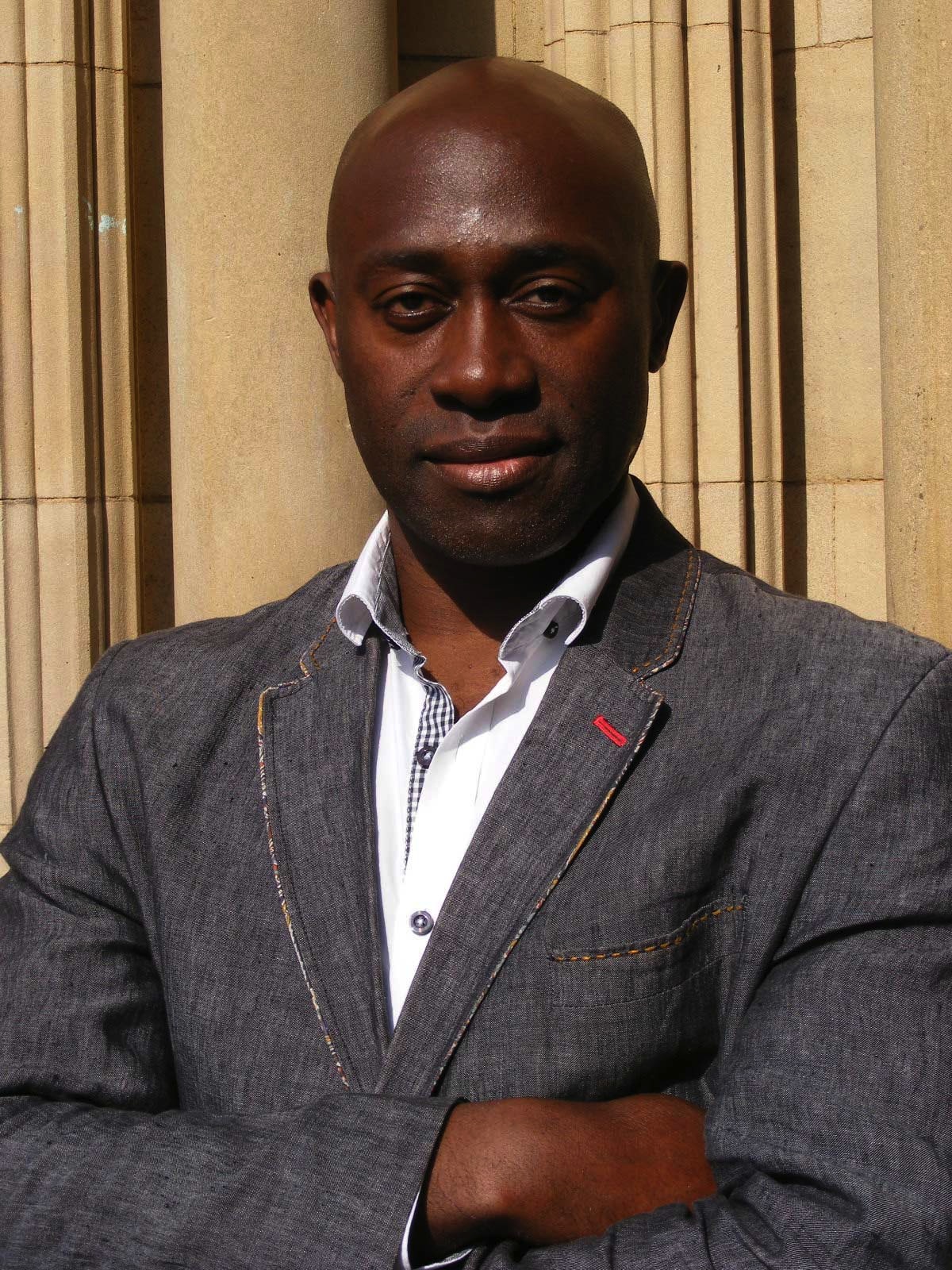
Henry Bonsu, ex-BBC journalist. Credit: Supplied
‘It would have to be far more arms length from government than a lot of watchdogs are
Ex-BBC broadcaster Henry Bonsu
Ex-BBC journalism Henry Bonsu supports the idea of setting up a new diversity regulator.
“Ofcom either has, whether through omission or commission, done very little in this area,” he told EachOther. “It’s just left it up to the production companies or the broadcaster themselves.”
Asked how a new body would look, he said it would need its own resources and its own secretariat.
“It would have to be far more arm’s length from the government than a lot of the other watchdogs are,” he added, pointing to the EHRC whose commissioners are appointed by government ministers.
“I think it would have to be able to recruit independently. It would have to be people who had some background in the industry, as opposed to people who’ve got nothing … who have never had any experience.”
‘We’re at crisis point’
Bonsu’s comments were echoed by another former executive for the BBC and Channel 4, who did not wish to be named.
“Ofcom shows itself again and again … unwilling to address the lack of diversity within our industry and hold broadcasters to account.
“If they are not going to do that I think [Olusoga’s] idea is a good one. If Ofcom doesn’t do one of the things they need to be doing, then I don’t understand why they have got that remit.”
She added: “We are at a crisis point. We need to decide whether we are going to make change or whether we will continue with the status quo for another 30 years to the detriment of our industry.”
Another former BBC executive, who also did not wish to be named and also supports the idea of a new regulator, said the body should be “controlled by people from diverse backgrounds and producers within the industry” as well as trusted community groups.
“It would have state power to issue fines, unless their recommendations on diversity are taken on board,” he added.
“It should be funded by a range of means: broadcasters, the taxpayer and the private sector.”
We have structures in place, they just need to work effectively
Senior diversity expert
However a senior diversity expert, with experience across the broadcasting sector, told EachOther of her preference to reform Ofcom.
“My preference is we need to put the accountability in force,” she said.
“Now we are in a crisis at this time, it is sometimes easy to create new structures. We have structures in place, they just need to be working effectively.
“If they cannot get it together, maybe it’s a lack of expertise or a lack of support. If they can’t, you may need to create something different.”
She said that “effective change” will only happen if diversity and inclusion is “embedded into all the other structures and processes and regulation that Ofcom is responsible for,” rather than diverting this responsibility to other bodies.
“[Diversity and inclusion] is always an additional add on or knee jerk reaction, when it should be the first thought at the centre of every policy decision, and people held to it.”
An Ofcom spokesperson told EachOther: “Ofcom has been leading industry work to improve diversity in TV and radio for several years.
“We have established a panel of industry experts to inform our work, and we carry out major annual studies of broadcasters’ workforces and action plans.
“We have also set strict diversity requirements for the BBC, and continue to engage at CEO level with all the major broadcasters to help the industry make faster progress – which we agree is urgently needed.”
EachOther understands the DCMS welcomes the work Ofcom has undertaken through its annual diversity reports on broadcasting – but also feels there is more to be done, encouraging the sector to ensure it represents the UK.

